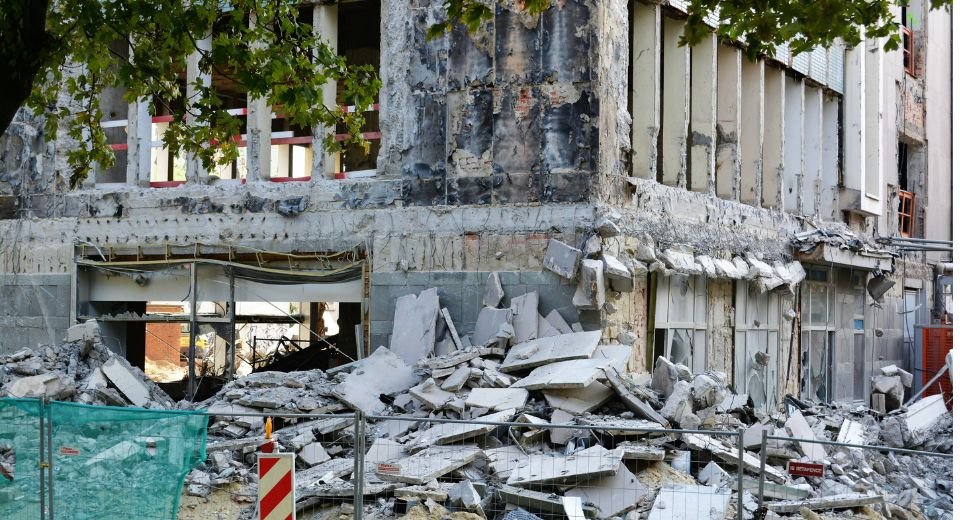HQ Team
February 22, 2023: About 1.5 million are homeless in Turkey after the largest earthquake disaster devastated the country, with 210 million tonnes of rubble awaiting clearance, according to the UN.
The death toll from the tremblor stood above 41,000, and a minimum of 500,000 needs to be reconstructed.
An initial 7.8 magnitude quake close struck Gaziantep, Turkey, early February 6 morning. Another trembler of 7.5 struck several hours later.
Two more earthquakes measuring 6.4 and 5.8 on the Richter Scale killed six more on the Turkey-Syria border on February 20, with an additional 294 injured.
“This (is) perhaps the largest natural disaster the country has ever faced,” said Louisa Vinton, UN Development Programme Turkey resident representative.
Supply of humanitarian aid
The international humanitarian response continued in northwest Syria, where up to 6,000 people lost their lives, and nine million have been affected.
Two hundred twenty-seven trucks with supplies have crossed from Türkiye since February 9; 195 using the Bab al-Hawa crossing, 22 across Bab al-Salam and ten across Al Ra’ee.
Dr Catherine Smallwood, Earthquake Incident Manager for the UN World Health Organization in Europe, said the agency had transported “close to 199 tonnes across the border from Turkey” since the disaster, in addition to the supplies that were already pre-positioned within Syria.
The supplies included essential medicines, consumables, anaesthesia drugs, surgical equipment and other medical supplies for an additional 40,000 to 49,000 interventions for those needing surgical support or medical support for earthquake-specific injuries.
Fifty-five medical facilities have been damaged and several “destroyed”, but six mobile clinics have been redeployed to the towns and communities surrounding Jindires, one of the most affected areas in northwest Syria.
‘Roaming clinics’
“These are roaming clinics that provide support, support and medical services directly to the populations,” Dr Smallwood said.
Survivors of the quake live in freezing temperatures without drinking water, electricity or fuel for heating. According to the UN Economic and Social Commission for Western Asia, they are also exposed to the danger of crumbling buildings as they seek shelter.
The UN made Cross-line aid deliveries from Damascus into Idlib, controlled mainly by opposition armed forces.
About 4.1 million people are almost entirely dependent on aid in the region following a decade of war in Syria.
Reconstruction challenge
“On Sunday, February 19 and Monday, 20, three Syrian Arab Red Crescent humanitarian assistance convoys crossed to Sheikh Maqsood, a non-government-controlled area north of Aleppo,” Tommaso Della Longa, spokesperson for the International Federation of Red Cross and Red Crescent Societies.
“And so, we are speaking about cross lines here,” he said.
The reconstruction challenge ahead is staggering, UNDP’s Louisa Vinton said. “An estimated 116 to 210 million tonnes of rubble would have to be cleared first.
“To give you a frame of reference, the last major earthquake in Turkey, in 1999, which also had a high number of casualties, although less than less than half of what we’re seeing now, that resulted in 13 million tonnes of rubble,” she said.
